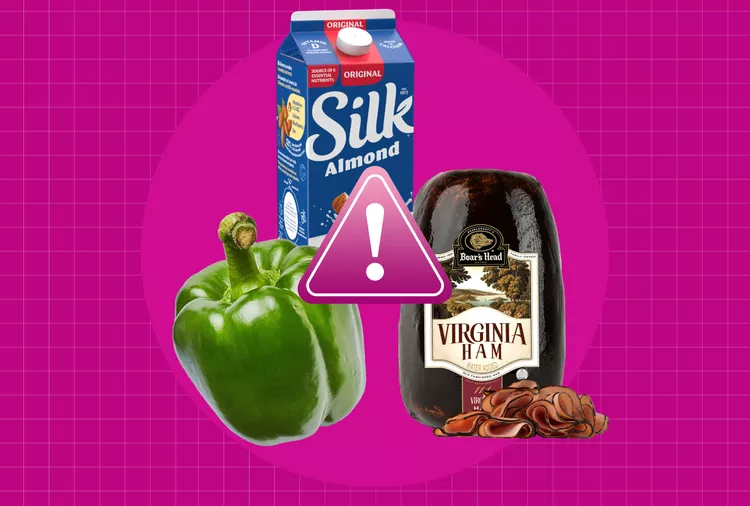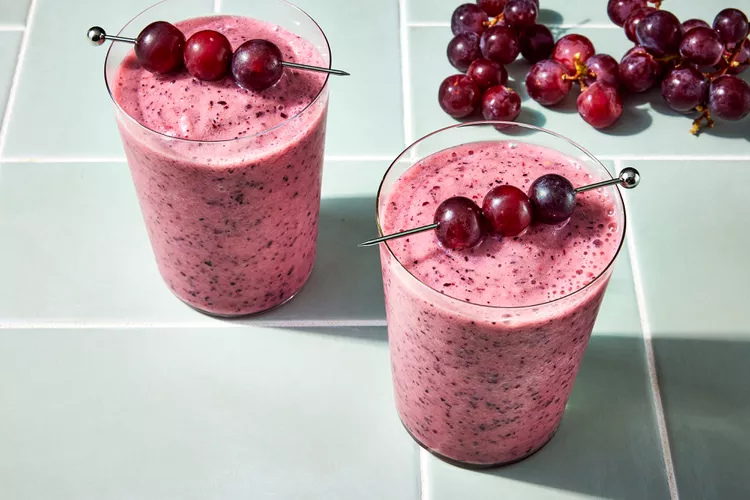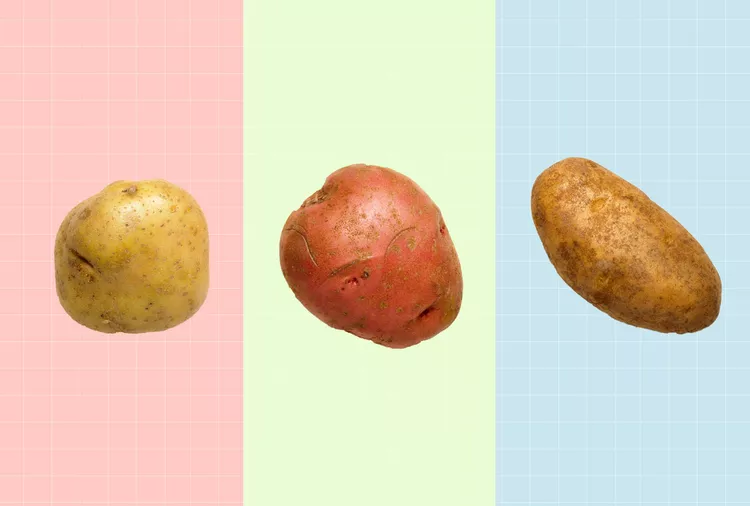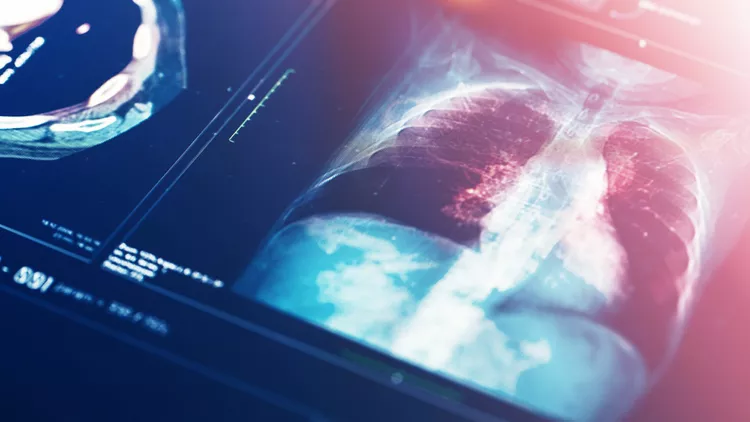Scallops are a protein-rich shellfish packed with nutrients that support both heart and brain health. Though generally safe, they may contain trace amounts of heavy metals like mercury, lead, and cadmium. Harvested from saltwater environments worldwide, scallops are prized for their edible adductor muscles, which are known for a mildly sweet flavor and a soft, buttery texture when cooked properly. With an impressive nutritional profile, scallops offer numerous health benefits, but concerns about allergies and potential heavy metal exposure remain. Here, we explore the benefits and possible risks associated with adding scallops to your diet.
Contents
Highly Nutritious
Scallops are packed with essential nutrients, similar to other fish and shellfish. A 100-gram (3.53-ounce) serving of steamed or boiled scallops provides:
- Calories: 137
- Carbohydrates: 6.33 grams
- Fat: 0.98 grams
- Protein: 24 grams
- Omega-3 fatty acids: 205 mg
- Vitamin B12: 2.53 µg
- Calcium: 12 mg
- Iron: 0.68 mg
- Magnesium: 44 mg
- Phosphorus: 499 mg
- Potassium: 367 mg
- Zinc: 1.81 mg
- Copper: 0.039 mg
- Selenium: 25.5 µg
Scallops are an outstanding source of trace minerals like selenium, zinc, and copper, each essential for optimal health. Selenium supports immune function and thyroid health, zinc aids in brain development and immune support, and copper may offer cardiovascular benefits. Alongside these key minerals, scallops deliver high-quality protein and anti-inflammatory omega-3 fatty acids, making them a valuable addition to a balanced diet.

May aid weight loss
With their high protein and low-calorie content, scallops are an excellent addition to a weight-loss-friendly diet. Studies indicate that increasing protein intake while reducing calories can support weight loss. A 100-gram (3.53-ounce) portion of scallops has over 24 grams of protein for only 137 calories, helping you feel satisfied for longer, potentially reducing overall calorie consumption. Protein is also known to boost metabolism, aiding your body in burning more calories.
Lean seafood like scallops and other fish can be more effective for weight management than other protein sources. One review found that regularly eating lean seafood rather than meat could lower energy intake by 4–9%, potentially helping to prevent obesity. Additionally, omega-3 fatty acids and other nutrients in fish have been shown to reduce the risk of obesity-related conditions, such as insulin resistance. An earlier study in 2014 also suggested that mice fed high-fat, high-sugar diets gained less weight when given scallop meat compared to other proteins, though further research is needed to confirm these effects in humans.

May benefit your brain and nervous system
Scallops are rich in nutrients essential for brain and nervous system health. A 100-gram (3.53-ounce) portion contains more than 100% of the Every day Value (DV) for vitamin B12, over 16% of the DV for zinc, and more than 200 mg of omega-3 fatty acids.
These nutrients support lifelong brain development and may lower the risk of mental health conditions, including Alzheimer’s and mood disorders.
Research highlights vitamin B12’s role in early brain development, with studies showing that mothers who supplement with B12 before pregnancy can enhance brain growth in their children by age two. Zinc is also crucial for cognitive health; studies in Alzheimer’s model mice found that zinc deficiency exacerbated cognitive decline by increasing inflammation. Omega-3 fatty acids are vital for brain development, and research suggests that low omega-3 intake in pregnant mothers may raise the risk of psychiatric disorders in children as they grow.

May promote heart health
Scallops are packed with magnesium and potassium, two key minerals that support heart health. Both of these nutrients contribute to relaxing blood vessels, which can help lower blood pressure and reduce the risk of heart disease.
Studies link low magnesium levels to an increased likelihood of atrial fibrillation (an irregular heartbeat), as well as a higher risk of stroke and artery calcification, a sign of blocked arteries. Research involving over 9,000 participants showed that individuals with magnesium levels below 0.80 mmol/L faced a 36% higher risk of heart disease and a 54% increased risk of heart attack.

May cause allergic reactions in some people
Some individuals experience significant allergies to fish and shellfish, including scallops. Studies indicate that shellfish allergies affect up to 10.3% of people across all age groups, making it one of the most common food allergies. Typically, these allergies develop in adulthood and persist throughout life.
Among shellfish, scallops, oysters, mussels, and clams tend to cause fewer allergic reactions compared to crab, lobster, and shrimp, though some people may react to certain types while tolerating others. Shellfish allergies are often triggered by the immune system’s response to a protein called tropomyosin.
Symptoms of a shellfish allergy can include:
- Indigestion, diarrhea, and vomiting
- Tightness in the throat and difficulty swallowing
- Widespread hives
- Shortness of breath and coughing
- Swelling of the tongue and lips
- Pale or blue skin
- Dizziness and confusion
In severe cases, individuals may experience anaphylaxis, a life-threatening reaction requiring immediate medical intervention.

May accumulate heavy metals
Scallops, depending on their habitat, can absorb heavy metals such as mercury, cadmium, lead, and arsenic. Since the body cannot easily eliminate these metals, excessive accumulation can pose health risks. Therefore, it’s essential to manage exposure from food, water, and environmental sources.
Prolonged arsenic exposure has been associated with increased cancer risk, while lead accumulation can harm vital organs. Mercury exposure may impair brain function and development, and excessive cadmium can lead to kidney damage. Although seafood can vary in heavy metal content, research on metal levels in scallops remains limited. Available studies indicate that metal concentration in scallops varies by location, with cadmium levels generally on the higher side.
Nonetheless, when consumed in moderation, the nutritional advantages of scallops and other shellfish are widely considered to outweigh any potential risks from heavy metal exposure.

Should you eat scallops?
Scallops offer impressive health benefits, making them a valuable addition to a balanced diet. They are packed with protein, rich in nutrients, and low in calories. However, individuals with shellfish allergies should avoid scallops due to the potential for allergic reactions.
Depending on their source, scallops may contain varying levels of heavy metals or other contaminants. Those who should monitor heavy metal intake — including pregnant or nursing individuals, children, older adults, and people who consume high quantities of fish — should carefully select their seafood options.
Fortunately, the EPA and FDA categorize scallops as a “good choice” due to their relatively low mercury content. For a balanced seafood diet, aim for 2 to 3 servings of low-mercury fish weekly, incorporating various types rather than relying on just one. For most healthy adults without allergies or heavy-metal concerns, scallops can be safely enjoyed. A quick and delicious preparation is to sear them with a bit of butter, salt, and pepper for a flavorful meal.

The bottom line
Scallops are an excellent source of protein and essential nutrients that support both heart and brain health. While it’s true that they can accumulate heavy metals such as mercury, lead, and cadmium, they are generally regarded as safe for consumption. Unless you have a shellfish allergy or have been advised to limit your seafood intake—such as during pregnancy—there’s no need to shy away from scallops. Incorporating them into your diet can enhance the nutritional value of your meals while providing a delicious seafood option.
Summary
Scallops are packed with vital nutrients, including trace minerals, high-quality protein, and omega-3 fatty acids, making them a beneficial addition to your diet. Boosting your protein intake with foods like scallops can aid in weight loss; studies suggest that seafood, including scallops, may support weight reduction more effectively than other protein sources. Additionally, scallops are abundant in vitamin B12, zinc, and omega-3s, all crucial for optimal brain development and linked to a lower risk of cognitive decline and mood disorders. They also provide potassium and magnesium, nutrients that help regulate blood pressure and lower the risk of heart disease.
However, it’s important to note that shellfish allergies are common. Individuals with this allergy may experience symptoms like vomiting, hives, and shortness of breath, which can escalate to life-threatening reactions in some cases. Furthermore, research indicates that heavy metals, which can accumulate in shellfish, pose health risks. Scallops, in particular, may contain elevated levels of cadmium depending on their environment. While scallops are generally a nutritious and safe protein option, those with allergies or concerns about heavy metal exposure should consider limiting their intake of scallops and other fish.








